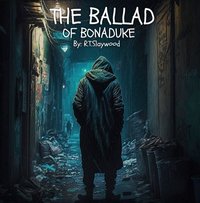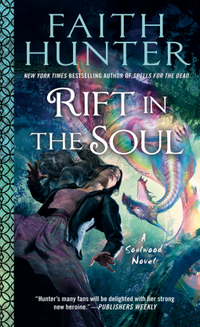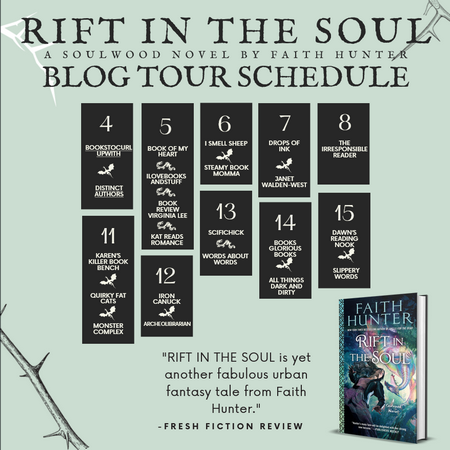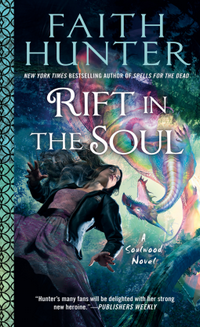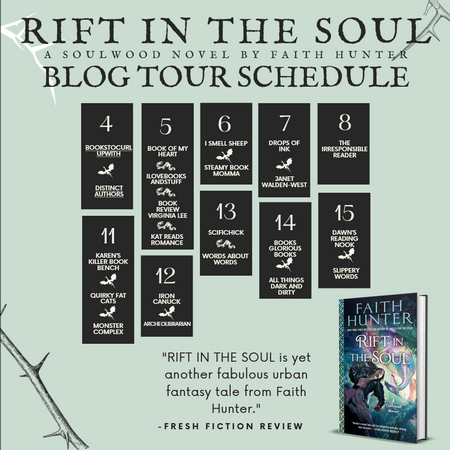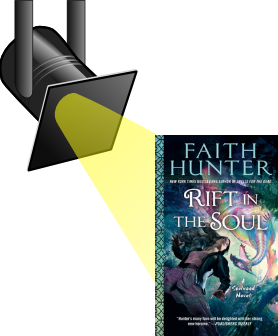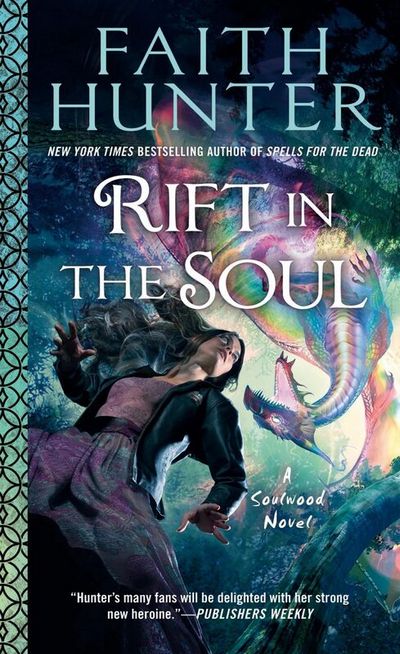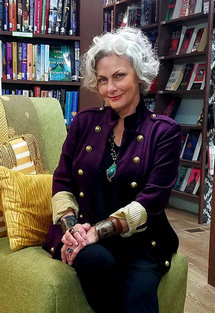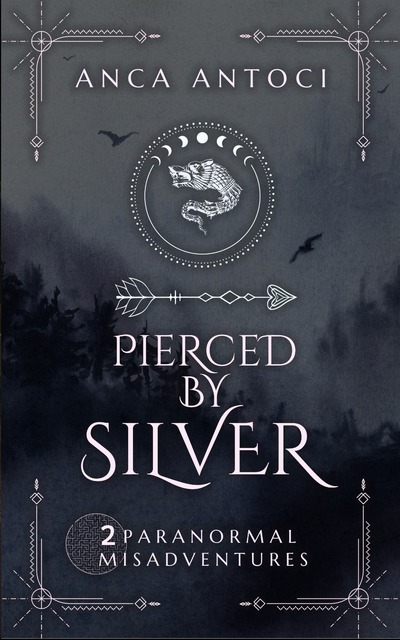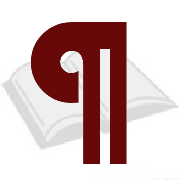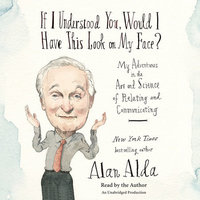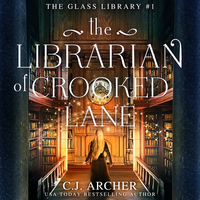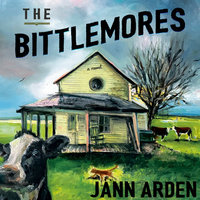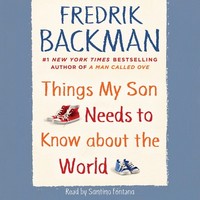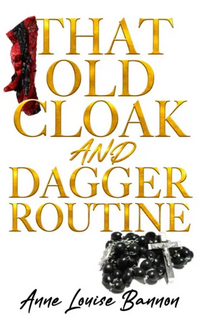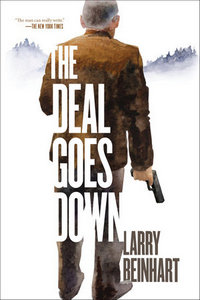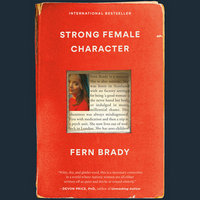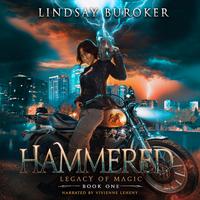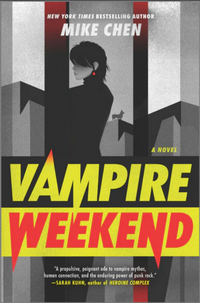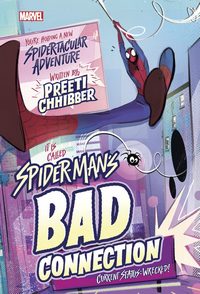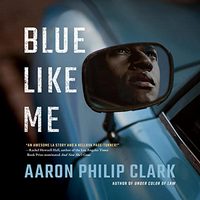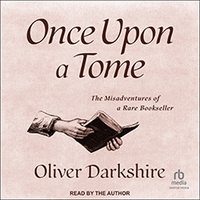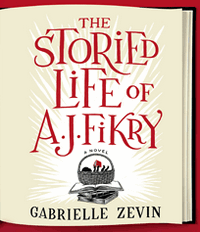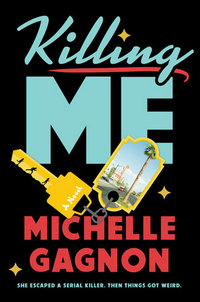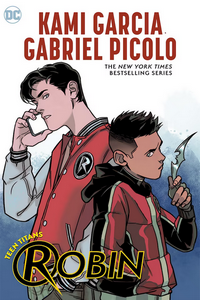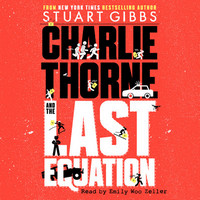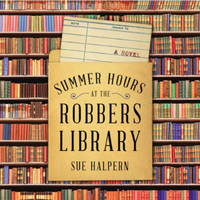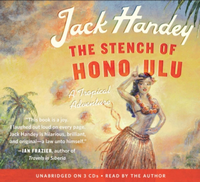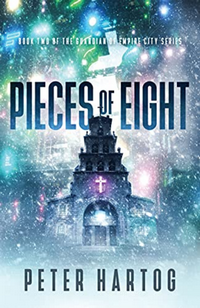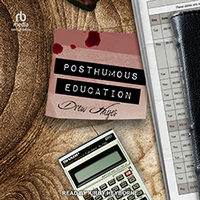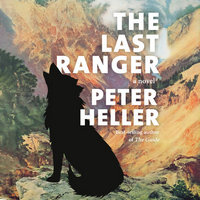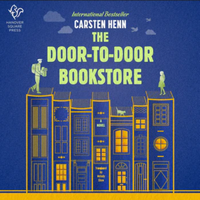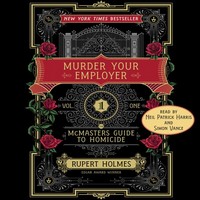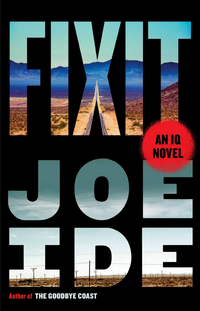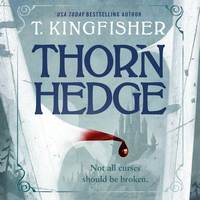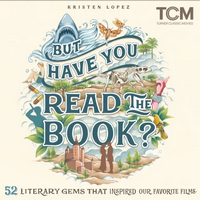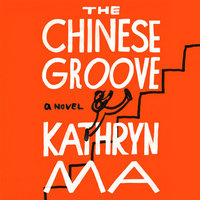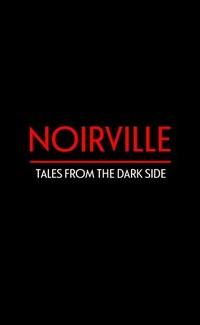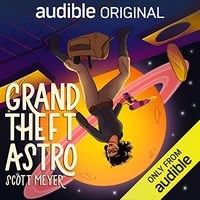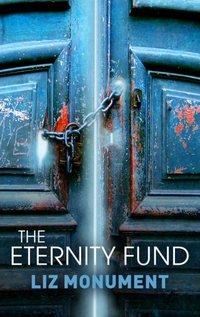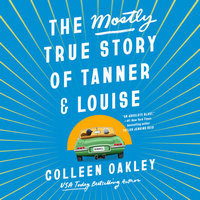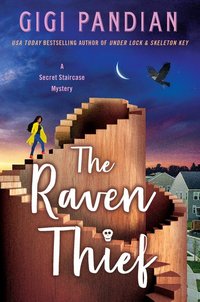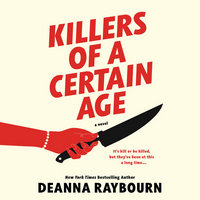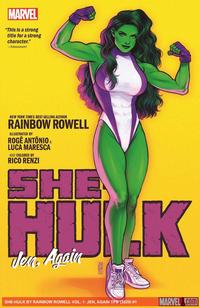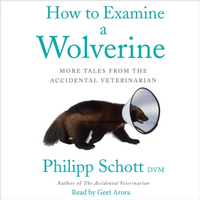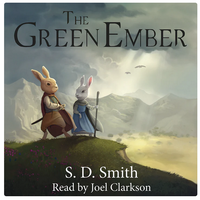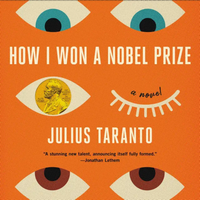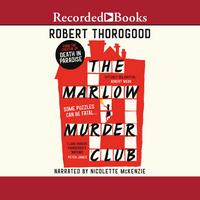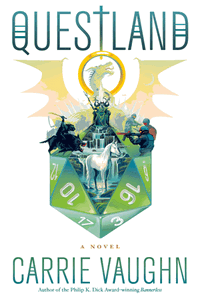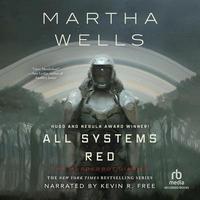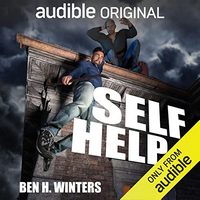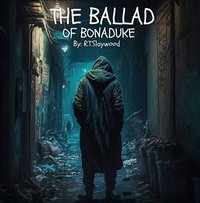 The Ballad of Bonaduke—
The Ballad of Bonaduke—
Episode 49: Light and Shadow
DETAILS: Series: The Ballad of Bonaduke, #49 Format: Kindle Vella Story Read Date: March 14, 2024

The Story So Far…
A drunken Michael Bonaduke decides to use a grift (with maybe some sort of magic/magic-like “help”) to win on a scratch-off lottery ticket so he has money to buy more to drink. He pulls off whatever he did, gets his money and some booze and stumbles off into the darkness to drink himself into oblivion so he can start again the next day. He’s hit by dark memories (probably what’s driving him to the drinking) of fire, pleading, and screaming. There’s going to be a price to pay for his grift, and he’s trying to be ready.
He’s abducted by some representatives of a mysterious group who subject him to a test—if he passes, everything will be explained to him (and hopefully the reader, too). He passes—and is brought somewhere for answers, or maybe training, or maybe another test. Time will tell (or things are going to get really annoying). Answers aren’t quick to come—but the mysteries and questions keep piling up.
Things get hairy and Bonaduke leaves and finds himself back in the neighborhood he started from. He takes refuge in a homeless encampment shortly before a police raid. He’s apprehended and finds himself an interrogation room and shortly escapes after using his grift (but with results he didn’t quite intend). He finds himself by a group of squatters who seem to have strapped a woman to a chair for reasons that can’t be good. He attempts to rescue her before he even realizes what he’s doing, and seems to have succeeded—well, the two of them got away from the group anyway—breathing but bruised. They make their way to a fast-food taco joint and Bonaduke really needs to refuel to keep going. He tries, but fails to get food because he keeps passing out. Thankfully, the clerk is the same guy from the liquor store and he both recognizes him and gives him first aid. The woman (Zero) wakes up and shows some abilities of her on as she helps them escape from her captors who’ve tracked her down. One thing leads to another—Zero and Bonaduke’s magics don’t mix well (at least until they understand what each other can do?), and they end up in a video-game race against the squatters in a tricked-out version of Eric (the clerk’s) car. Note, I said video-game race, not a video-game-style race. They’re actually in one. When dumped back into reality, he’s surrounded by bruised and broken bodies (of people and cars). And then he gets into a supernatural fight and survives…just.
Or maybe not. But he gets better. And then his new…friends? Acquaintances? People who keep popping up in his life?…start explaining exactly what’s going on to him while they set up a new HQ and try to teach him about his abilities (and everyone tries to understand them) while they try to fund their further work.
What’s Light and Shadow About?
Whatever plan that Bonaduke’s compatriots might have had fell apart before they really got it started–it’s like Tyson said, “Everybody has a plan until they get punched in the mouth.” But I’m not sure this plan even lasted that long.
Regardless, it falls apart dramatically–since I already mentioned Tyson, think of poor Peter McNeeley’s encounter with the boxer. It makes for some exciting reading.
So, what did I think about Light and Shadow?
The editing on this episode was either poor or non-existent. I’m hoping that Slaywood just skipped the step this time, but it really needed some. I can’t tell you how many things I had to read a few times before I was pretty sure (not necessarily confident) before I understood what he was trying to say. That’s never a good thing, but in the middle of an action scene, taking the time to suss out what the author was trying to say really kills momentum.
Beyond that, I think Slaywood could’ve done a better job describing what was happening–he’s got the pacing of a huge action scene down, but he doesn’t do a great job conveying what’s going on.
There’s plenty of good ideas floating around this episode, but the delivery was wanting. Still curious about how they get out of this mess.

![]()


